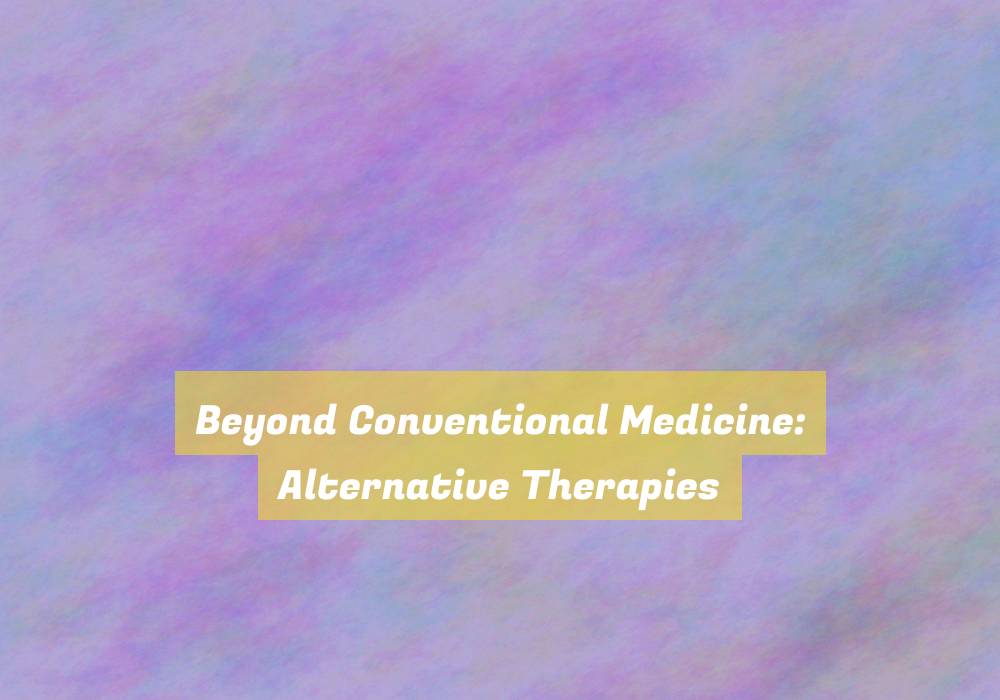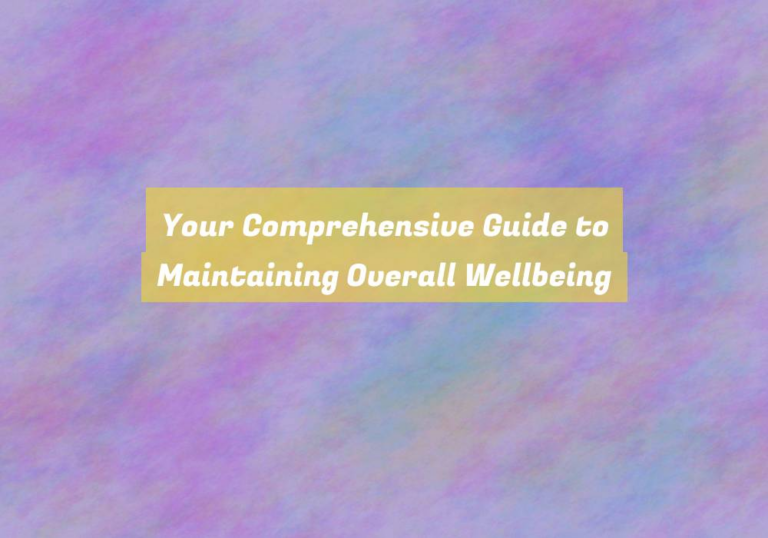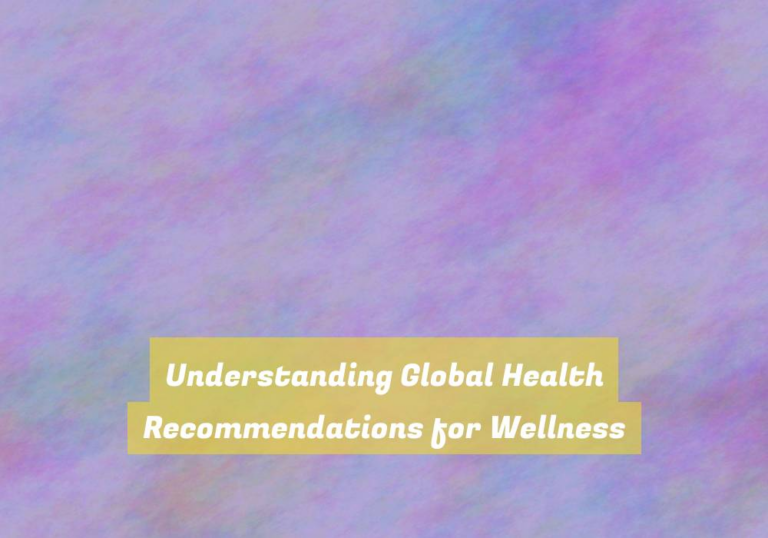Beyond Conventional Medicine: Alternative Therapies
Have you ever wondered if there are alternative therapies that go beyond the scope of conventional medicine?
Some people believe that traditional medicine may not always have all the answers when it comes to healing.
You might be surprised to learn about the various alternative therapies that have been practiced for centuries and are still being used today.
These therapies offer a different approach to health and wellness, focusing on the whole person rather than just the symptoms.
As you explore this topic, youG??ll gain insight into how alternative therapies can complement and enhance the effectiveness of conventional medical treatments, providing a more comprehensive approach to healthcare.
Historical Roots of Alternative Therapies
You can trace the historical roots of alternative therapies back to ancient civilizations, where natural remedies and holistic healing practices were the mainstay of healthcare. In these early societies, healers relied on herbal medicine, acupuncture, and various forms of bodywork to address ailments and promote overall well-being.
The ancient Egyptians, for example, used essential oils and plant extracts for medicinal purposes, while traditional Chinese medicine emphasized the balance of energy within the body through techniques like acupuncture and tai chi. Similarly, Ayurveda, the traditional medicine of India, focused on the interconnectedness of the mind, body, and spirit, promoting the use of herbal remedies, yoga, and meditation.
These ancient healing practices laid the foundation for what we now categorize as alternative therapies, showcasing a deep understanding of the bodyG??s innate ability to heal and the importance of treating the whole person, not just the symptoms. By acknowledging and learning from these historical roots, we can appreciate the enduring wisdom that continues to influence alternative therapies today.
Principles of Holistic Healing
The principles of holistic healing emphasize the interconnectedness of the mind, body, and spirit in promoting overall well-being and addressing ailments. This approach recognizes that each person is a complex system of physical, emotional, mental, and spiritual aspects, and that all these aspects must be considered in the pursuit of health. Holistic healing focuses on treating the root cause of an issue rather than just alleviating symptoms, aiming to create a balance that supports the bodyG??s natural healing abilities.
Central to holistic healing is the belief that the body has an innate ability to heal itself given the right conditions. By addressing the underlying imbalances and supporting the bodyG??s self-healing mechanisms, holistic therapies seek to restore harmony and health. In this approach, the individual is viewed as an active participant in their own healing journey, and the role of the practitioner is to facilitate and guide this process.
Holistic healing also emphasizes the importance of lifestyle factors such as nutrition, exercise, stress management, and spiritual well-being in maintaining health. It encourages individuals to take responsibility for their own well-being and make empowered choices that support their overall health and vitality.
Diverse Modalities in Alternative Therapies
A variety of diverse modalities are utilized in alternative therapies to address the interconnected aspects of an individualG??s well-being. These modalities encompass a wide range of practices, including acupuncture, aromatherapy, chiropractic care, herbal medicine, massage therapy, naturopathy, yoga, and many others. Each modality approaches health and wellness from a unique perspective, often focusing on different aspects of the mind-body-spirit connection.
Acupuncture, for example, is rooted in traditional Chinese medicine and involves the insertion of thin needles into specific points on the body to promote balance and alleviate various ailments. Aromatherapy utilizes essential oils to enhance physical and psychological well-being, often through inhalation or topical application. Chiropractic care focuses on the musculoskeletal system and its impact on overall health, employing spinal adjustments and other manual techniques. Herbal medicine draws on the healing properties of plants to address a wide array of health concerns.
These diverse modalities offer individuals a range of options to explore and customize their approach to wellness, allowing for personalized and holistic care that aligns with their unique needs and preferences.
Integrating Alternative Therapies With Conventional Medicine
Integrating alternative therapies with conventional medicine offers a comprehensive approach to healthcare, addressing both the physical and holistic aspects of well-being. By combining the strengths of both approaches, you can experience the benefits of evidence-based treatments along with more holistic, natural, and patient-centered care. This integration allows for a personalized treatment plan that considers your individual needs, preferences, and values, leading to improved health outcomes.
When alternative therapies are integrated with conventional medicine, you have access to a wider range of treatment options. This can include modalities such as acupuncture, herbal medicine, massage therapy, and mindfulness practices, which can complement traditional medical interventions. By working with healthcare professionals who are open to integrative approaches, you can receive coordinated care that focuses on treating the whole person, not just the disease or symptoms.
Moreover, integrating alternative therapies with conventional medicine can enhance the overall patient experience. It can empower you to take an active role in your healthcare journey and promote a sense of control and well-being. Additionally, this integrative approach can lead to better management of chronic conditions, improved pain management, and reduced reliance on medications with potential side effects.
Ultimately, the integration of alternative therapies with conventional medicine can contribute to a more holistic and patient-centered healthcare system.
Conclusion
In conclusion, alternative therapies offer a holistic approach to healing that emphasizes the interconnectedness of mind, body, and spirit.
By exploring diverse modalities such as acupuncture, herbal medicine, and yoga, individuals can find personalized solutions to their health and wellness needs.
Integrating these therapies with conventional medicine can provide a comprehensive approach to healthcare, promoting overall well-being and addressing the root causes of illness.
Embracing alternative therapies can lead to a more balanced and fulfilling life.




